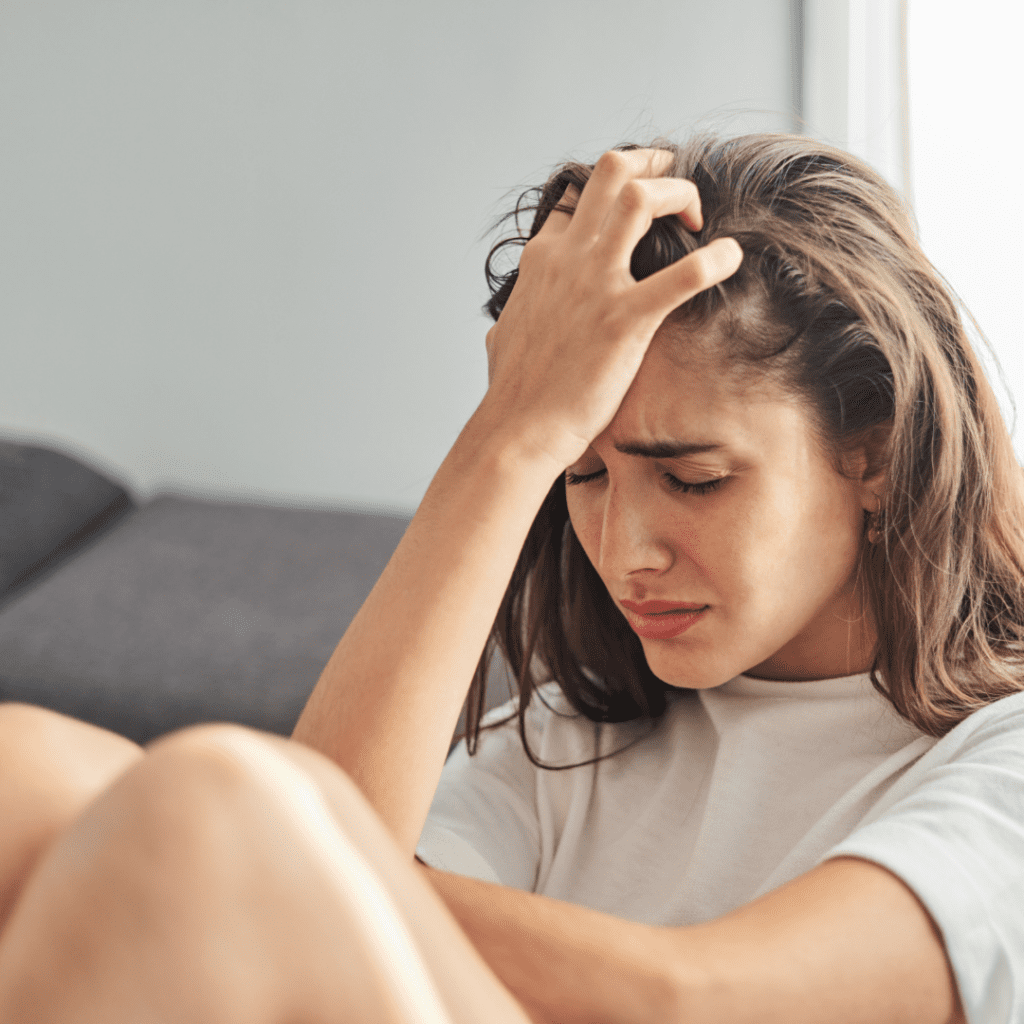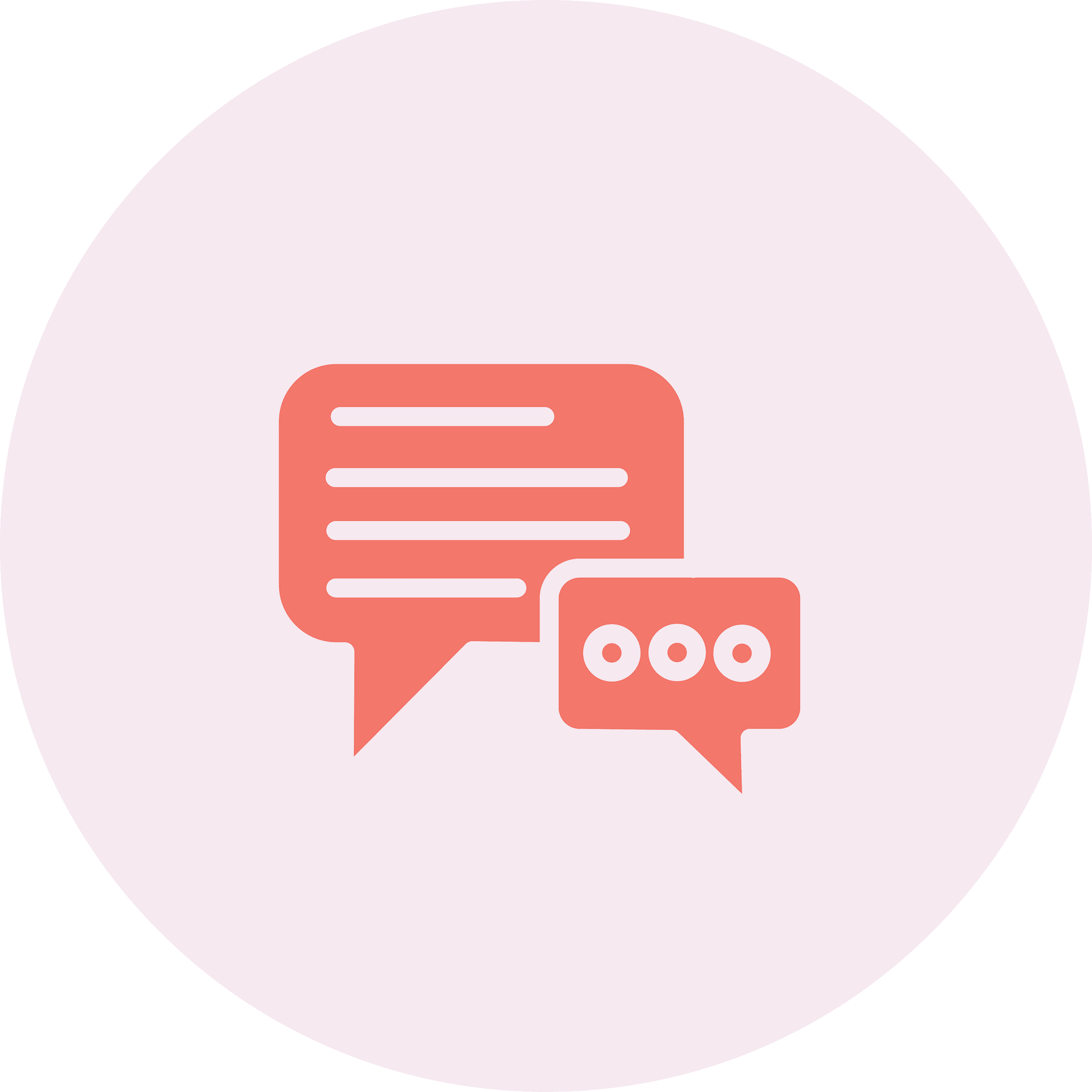Can Birth Control Affect Mental Health?

When considering different forms of birth control on your reproductive health journey, it’s important to be informed and aware of possible side effects. Can birth control affect your mental health?
With recent studies showing a connection between mental health and hormonal birth control, many women are using birth control options that do not have hormones, or they are taking a more natural route to contraception.
Let’s dive into the connection between birth control and mental health.
The Connection Between Hormones and Mental Health
Did you know your mental health as a woman can be directly linked to your hormones?
Hormones play a huge role in regulating our moods, emotions, and overall mental health. Birth control pills, patches, injections, and other hormonal methods work by altering your hormone levels, which can sometimes lead to mood changes. For some women, this might mean feeling more anxious, irritable, or even experiencing bouts of sadness.

Tip For Every Woman: It’s normal to experience mood swings in the first few months of starting hormonal birth control as your body adjusts to the new hormones. However, if these feelings persist or feel overwhelming, it’s important to talk to your healthcare provider.
Can Hormonal Birth Control Cause Depression?
Some studies suggest that hormonal birth control can cause depression in a small number of women.1
If you’re a teenager considering hormonal birth control, it’s important to be aware that a study by Harvard Health found that the risk of developing depression was slightly higher for teens aged 15 to 19, especially those using progesterone-containing or non-oral forms of birth control like the ring, patch, and progesterone IUD. For all age groups, the risk was highest with progesterone IUDs, but the copper IUD had no effect on mood.2

A study published in Epidemiology and Psychiatric Sciences found that women using birth control pills may face up to a 30% increased risk of developing mood changes.3
Tip For Every Woman: Don’t be afraid to prioritize your mental health. If you notice a negative shift in your mood after starting birth control, trust yourself and seek support. Your mental health matters just as much as your physical well-being.
Positive Effects on Mental Health
It’s not all negative! For some women, birth control can actually help stabilize moods, reduce PMS (premenstrual syndrome) symptoms, and even alleviate anxiety or depression. For example, some hormonal birth control methods can balance hormone fluctuations that contribute to mood swings or premenstrual dysphoric disorder (PMDD). In a study published in 2023, 11% of women reported that their mood improved when taking hormonal birth control pills.4
Tip For Every Woman: Everyone’s experience with birth control is unique. What might work for your friend may not work for you, and that’s okay! The key is finding what suits your body and mind.
How to Take Care of Your Mental Health While on Birth Control
Check in with yourself regularly: Pay attention to how you feel mentally and emotionally. Are you experiencing more mood swings, anxiety, or sadness than usual? Taking note of these changes can help you identify whether your birth control might be contributing to these feelings.
Talk to a trusted healthcare provider: If you’re feeling overwhelmed or concerned about the impact of birth control on your mental health, reach out to a healthcare provider who can guide you through different options. Sometimes, switching to another type of birth control can make a world of difference.
Remember, no form of birth control should come at the expense of your mental health. As a woman, your health journey is multidimensional, and you deserve to care for yourself holistically.
You Deserve to Feel Your Best
Choosing a birth control method is a personal decision, and it’s important to find something that supports both your physical and mental health. Remember, you deserve to feel your best; if something doesn’t feel right, it’s okay to explore other options. Your journey to finding the right fit might take some time, but you’ve got this – and we’re here to support you every step of the way.
We’re committed to offering the information you need to make informed choices on your reproductive health journey.
Are you curious about which form of birth control is best for you?
Read our blog to learn more!
References:
- National Center for Biotechnology Information. Hormonal Contraception and Depression ↩︎
- Harvard Health Blog. Can Hormonal Birth Control Trigger Depression? ↩︎
- Cambridge University Press. Epidemiology and Psychiatric Sciences Study on Depression ↩︎
- UCLA Health. How Birth Control Affects Emotional Responses. ↩︎

